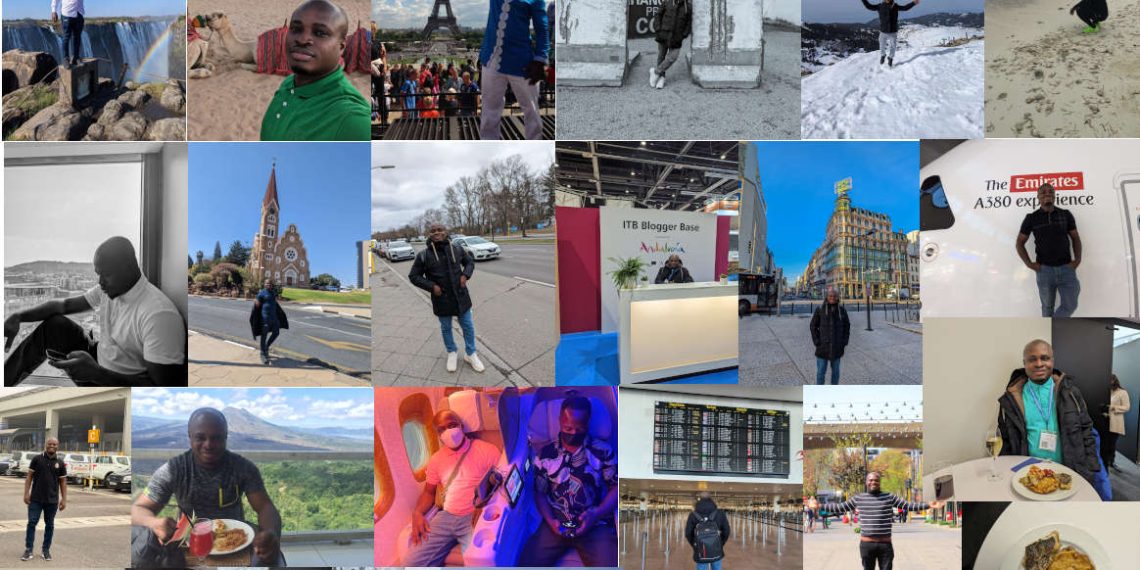In today’s digital age, sharing moments of our lives online has become second nature. From picturesque vacation spots to gourmet meals and exciting events, social media offers a platform to showcase our experiences. However, there’s one item that you should never share with the world: your boarding pass. Here’s why.
1. Barcode Vulnerabilities
Your boarding pass contains a barcode that can be read by anyone with free software available online. What seems like a harmless piece of paper holds critical information that can easily be exploited if it falls into the wrong hands.
2. A Goldmine of Personal Details
The barcode on your boarding pass isn’t just a random pattern. It’s a gateway to your personal identification and contact details. Along with your name, it often includes your reservation number, frequent flier number, and sometimes even your passport information. Hackers can leverage this information for malicious purposes.
3. Digital Targets for Hackers
Sharing a digital version of your boarding pass is even riskier. Screenshots of barcodes can be read effortlessly, opening doors for cyberattacks. Even high-profile individuals aren’t immune; former Australian Prime Minister Tony Abbott had his security compromised when he posted an Instagram photo of his Qantas boarding pass in 2020.
4. Potential for Flight Manipulation
Once a hacker obtains your barcode information, they gain access to your reservation number and last name. With this information, they can infiltrate the airline’s website and potentially cancel or modify your return flight. This manipulation can cause not only inconvenience but also financial loss.
5. Threats to Mileage Points
If a hacker accesses your frequent flier number, it’s not just your flights that are at risk. Mileage points can be exploited to redeem gift cards or other perks, turning them into a valuable commodity for cybercriminals. Once your points are gone, they’re nearly impossible to recover.
6. Social Engineering Risks
Hackers may use information from your boarding pass to engage in social engineering. They might pose as airline representatives and request credit card details under the guise of confirming your return flight. Alternatively, they could impersonate you to the airline to extract even more sensitive information.
Protecting Your Privacy Beyond Boarding Passes
The risks extend beyond your boarding pass. Sharing real-time updates about your travel, including your location, can make you vulnerable to burglary. If outsiders know your whereabouts and your home address, it’s easier for them to target your property while you’re away.
Minimizing the Risk:
- Avoid Sharing Boarding Passes: Refrain from posting pictures of your boarding pass or its barcode online.
- Delayed Sharing: Wait until you’re back from your trip to share your vacation photos and experiences on social media.
- Protect Personal Information: Keep critical details like your frequent flier number and reservation number private.
Remember, the seemingly innocent act of sharing a boarding pass can have far-reaching consequences. By safeguarding your personal information and being cautious about what you share online, you’re taking crucial steps toward protecting your privacy and security in today’s digital world.
Still have some travel questions? Ask in our Travel WhatsApp Group.






